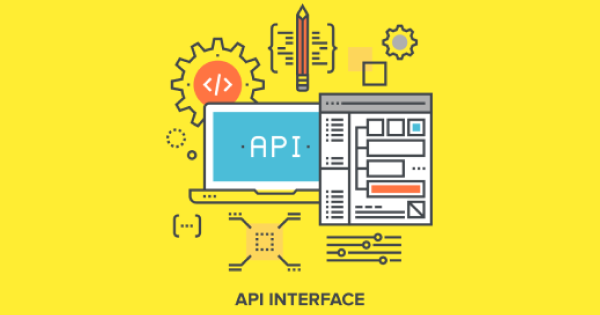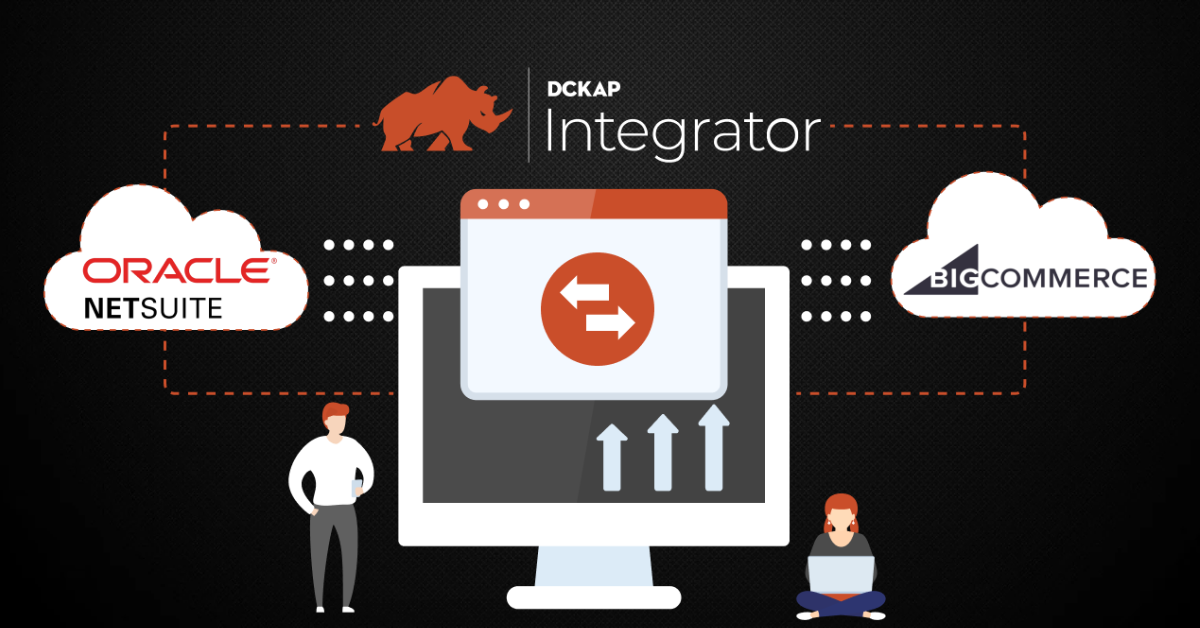NetSuite software is a unique solution that allows you to handle all aspects of company resource planning, customer relationship management, financial tracking, and inventory management.
All companies have their particular demands, though, which must be addressed. To make the most of your NetSuite experience you need to link additional applications with your NetSuite API, such as CRM, and HCS, to mention just a few.
Contents
What is NetSuite API Integration?
Let’s start with the fundamentals, what’s an API? A brief application programming interface or API is the intermediary between two programs so that vital information may be more efficiently communicated. Let’s speak about NetSuite API now that you know what the fundamentals of NetSuite and API are.
With its worldwide famous NetSuite ERP, NetSuite delivers integrated solutions in keeping with the particular requirements of various sectors, enterprises, and customers. In this way, customers may adapt NetSuite to their requirements. The NetSuite platform provides the means to integrate developers and partners via several methods. You can choose your custom code, connector, or platform for integration. The most versatile choice is custom code. Keep in mind though that it is riskier and less documented. The integration application creates from scratch in the bespoke code of the expert developer.
Types Of NetSuite API Integrations
The NetSuite API has two kinds: SuiteScript and SuiteTalk REST web services. Users of NetSuite SuiteScript may host and create NetSuite apps. The NetSuite API provides several NetSuite Script kinds. This includes mass updates, maps, schedules, bundles, workflow action, RESTLet, PortLet, SuiteLet, user events, and client scripts, amongst others. Each of these occurrences is caused by several kinds. You may now proceed to create the source code for the script after you have picked the appropriate script type that satisfies all your needs. In this situation, Javascript is standard for the scripts created for NetSuiteAPIintegration.
Your NetSuite API Integration Partner
DCKAP Integrator is an ERP integration platform built for distributors. To receive the best results from your NetSuite account response a strong NetSuite setup is needed. Whether it is the NetSuite CRM or NetSuite SuiteCommerce (Advised or Webanbuilder) online store or the NetSuite ERP, DCKAP Integrator can help you get the most from your NetSuite experience. DCKAP Integrator allows you to gain the greatest expertise, business skills, and understanding of business processes from NetSuite to help you deliver the lowest risk well into your time frame. It equips decision-makers with data-driven insights and required status in real-time by syncing NetSuite with various technologies limitlessly.
DCKAP Integrator has a NetSuite (BFN) out-of-the-box resolution certified which provides the NetSuite ERP and Adobe Commerce with a completely automated, simultaneous, and time-efficient integration solution. Adobe Commerce site integration turn-key does this by automatically transferring information.
The NetSuite Adobe Commerce Integration enables smooth data flow of client credentials, order details, inventory status, and more to help businesses increase their sales and focus on fulfillment management.
It is a wonderful way to save time and cost and eliminate mistakes in order input.
- Shopify + NetSuite API Integration
Another wonderful option to produce better outcomes is DCKAP Integrator’s NetSuite Integration API+Shopify, which allows you to decide with your NetSuite back office and your customers through an excellent online e-commerce shop, powered by Shopify.
This powerful NetSuite-Shopify connection allows you to improve operations by automating transactions between NetSuite and your NetShop Shop.
DCKAP Integrator is among the best Shopify ASI Netsuite connection on the market and helps distribution businesses to maintain the right working environment in their network shop Shopify and NetSuite to focus on sales.
You no longer need to worry about incorrect order, customer, and item information with DCKAP Integrator’s Shopify NetsuiteAPI connection. Shopify Netsuite integration using DCKAP Integrator enables you to offer advanced customer support and experiences precisely, in time, each time you make an order.
NetSuite API Integration with Bigcommerce by DCKAP Integrator enables you to increase your business profits in real-time with a completely automatic product inventory and order management system.
The synchronization mechanism is a two-way one between NetSuite and your BigCommerce store.
By integrating your BigCommerce ecommerce with NetSuite ERP (Enterprise Resource Planning), DCKAP Integrator allows distributors to improve sales and deliverability while automating essential business procedures, all while removing human data entry for improved accuracy.
With the total automation of the inventory & order management system, DCKAP Integrator allows you to enhance your business profitability in real-time.
Salesforce is commonly considered to be one of the largest CRM systems in the world for the cloud. NetSuite is one of the largest cloud-based ERP programs, with customers worldwide.
For Salesforce Netsuite integration or Netsuite Amazon integration , a cloud-based connection provider such as DCKAP Integrator provides Netsuite connectors for these two programs. These services combine a broad variety of business applications to enable data to be combined or updated from one application to the next.
Native integrations are free and simple to set up, but they have a lot of drawbacks. What you need isn’t simply to connect systems; you also need to make sure that the data they exchange is of high quality so that your marketing and sales teams can rely on it with HubSpot NetSuite integration.
These services link a wide range of corporate programs and are extremely customizable, allowing data to be merged or updated as it flows from one app to the next.
If your sales data has to be cleaned up before being imported into NetSuite, or if you need to use various data sources or endpoints, this may be quite useful.
Connectors for the two applications are provided by a cloud-based connection provider such as DCKAP Integrator.
Documentation NetSuite API Integration Manual
Click on the links below for more information about SOAP web services,
SuiteAPP and several technologies for the production of an application:
https://www.netsuite.com/portal/developers/dev-resources.shtml
SuiteTalk NetSuite API documentation guide: https://www.netsuite.com/portal/developers/dev-resources.shtml
Guide to developing a SuiteApp NetSuiteAPI docs:
https://docs.oracle.com/cloud/latest/netsuitecs_gs/NSAPI/NSAPI.pdf
Support
You need to rely on your integration partner’s assistance.
You should discuss the level of service that you receive when you finish your integration project. Examine whether data flow, for example, is monitored to ensure transactions operate smoothly on your system.
If you have an issue, you would also want to know how quickly they can answer, customer satisfaction can depend on their capacity quickly to handle difficulties. To ensure that your integrations are up and running for the whole time, DCKAP Integrator supports clients 24 hours a day 7 days a week, 365 days a year.
I hope that this is helpful to you.
Here you’ll find all the information you need to manage your eCommerce distribution business. You can also save this page to your favorites for future reference. Tell us something you’d want to learn more about on LinkedIn.
Thank you for taking the time to read this.




